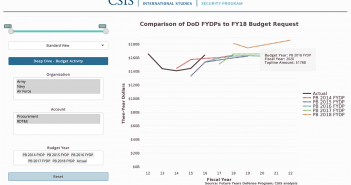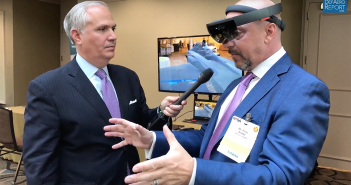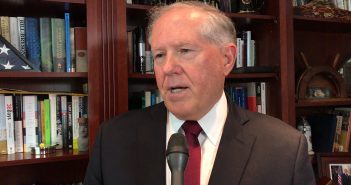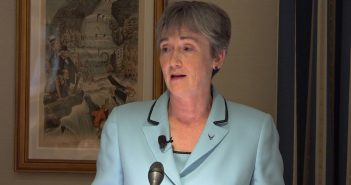
AFA’s Muellner on Vietnam War Lessons, How USAF Must Adapt to Changing Warfighting Environment
Lt. Gen. George Muellner, USAF Ret., chairman emeritus of the Air Force Association, discusses lessons learned from his Vietnam War experience and what the US Air Force needs to do to adapt to a changing warfighting environment during AFA’s 2017 Air Warfare Symposium in Orlando, Fla. Defense & Aerospace Report’s AWS 2017 coverage is sponsored by Leonardo DRS. Gen. Muellner, 75, passed away Feb. 11, 2019.

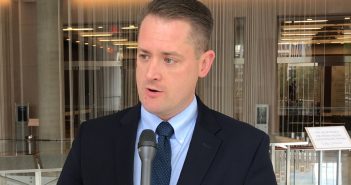
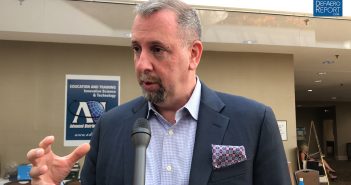

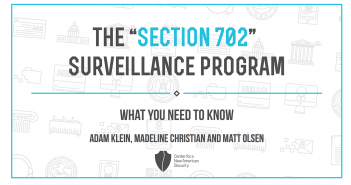
![Defense & Aerospace Business Report [August 7, 2017]](https://defaeroreport.com/wp-content/uploads/2017/06/PodcastTile-2-351x185.gif)
